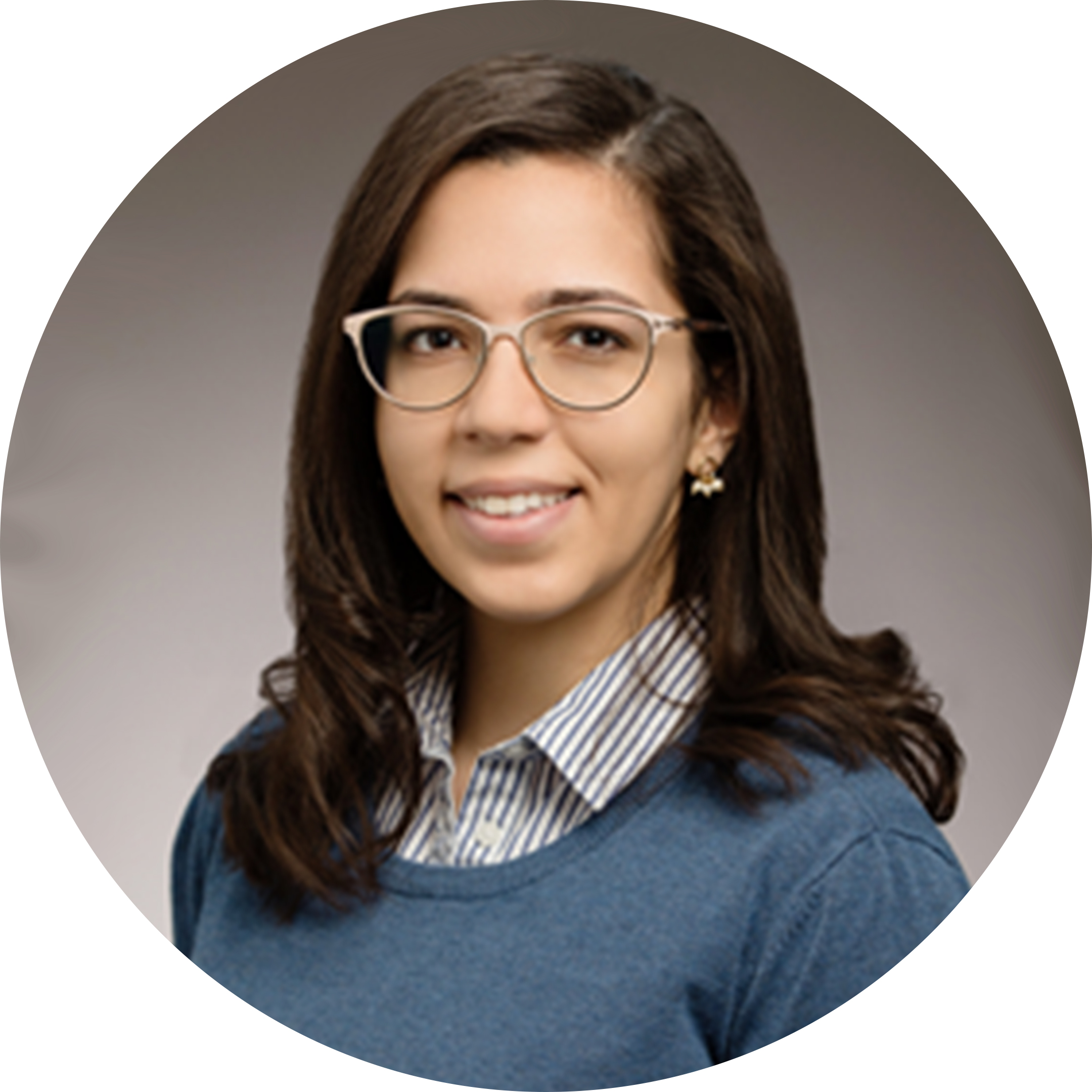Overview
Increase competency in solving agricultural issues with artificial intelligence and computer vision during this week-long hands-on course designed for graduate students with limited experience in machine learning. Individuals outside of academia who are looking to learn more about machine learning and computer vision are also welcome to participate in the short course. Participants will receive a short course completion badge to display on LinkedIn.
Participate in the week-long virtual AI Foundry for Agricultural Applications short course from June 10–15, 2024. This course will offer lectures and virtual activities on topics focused on AI and machine learning in agriculture applications. Students will be mentored by faculty from the Departments of Agricultural and Biological Engineering, Animal Sciences, Crop Sciences, and Industry partners. The program will teach skills applicable to many agricultural applications. The morning sessions will cover computer vision, artificial intelligence, and machine learning. The afternoon session will cover applying these skills with livestock and crops focused tracks. During the last two days of the course, participants will be challenged to develop a solution to a digital agriculture problem in an inspiring Hackathon. All events will be virtual.
Participants can expect to complete the course with an increased ability to engage in conversations and idea-generation for AI applications, as well as implementing existing learning models in basic computer vision applications.
Topics We’ll Explore:
- Foundations of machine learning and artificial intelligence
- Intro to digital technology in livestock or crop systems
- Deep learning overview
- Object identification and tracking models
- Working with datasets
- Digital tools for managing animals or crops
- Challenges of tech deployment in livestock or crop systems
- … and more!
Registration and Cost
We encourage graduate students and postdocs from any major interested in agricultural applications to apply to attend the short course. Students from populations historically underrepresented in STEM, including those from minority-serving institutions (MSIs)—such as Historically Black Colleges and Universities (HBCUs), and Tribal Colleges and Universities (TCUs) are strongly encouraged to attend. Registration deadline: May 31, 2024.
Students should have some background in coding (coding logic and basic pseudocode) using any language. The course will use Python, and students who do not know Python MUST complete this free self-guided training prior to the short course to be prepared to be successful in the course.
Regular Rate: $300 | Discounted Student Rate: $100
Financial Assistance
Scholarships are available to cover registration costs, subject to the availability of funds. If you have any questions or need financial assistance, please contact Christina Tucker lyvers2@illinois.edu. Graduate students are encouraged to ask their advisors if they have funds that can help pay the registration cost before requesting financial assistance from CDA. If seeking financial assistance, please send a one-page personal statement about your interest in the course topics and career aspirations. Financial assistance request deadline: May 24, 2024.
Schedule
The short course will be hosted virtually June 10-15, 2024 from 9 a.m. – 4:30 p.m. CST daily with a scheduled break.
| Daily Schedule | |
|---|---|
| 09:00 - 10:30am | AI/ML Lessons - Everyone Together |
| 10:30 - 10:45am | Morning Break |
| 10:45 - 12:15pm | AI/ML Lessons - Everyone Together |
| 12:15 - 01:15pm | Lunch Break |
| 01:15 - 02:45pm | Applications in Ag (Pick a Track) Track 1: Livestock Track 2: Crop production |
| 2:45 - 3:00pm | Afternoon Break |
| 3:00 - 4:30pm | Applications in Ag (Pick a Track) Track 1: Livestock Track 2: Crop production |
Meet the UIUC Instructors
MORNING SESSIONS
Dr. Isabella Condotta
Assistant Professor of Animal Sciences
Dr. Condotta reduces animal stress, improves animal well-being and environmental sustainability, and helps farmers make better and more efficient management decisions by developing precision animal management systems. Her interdisciplinary research applies advanced technologies, such as image and audio processing and machine learning algorithms, to acquire and analyze individual animal’s electronic data, allowing continuous and automatic monitoring of their behavior, health, and well-being.
AFTERNOON TRACK 1: APPLICATIONS IN LIVESTOCK
Dr. Angela Green-Miller
Associate Professor of Agricultural & Biological Engineering
Dr. Green-Miller advances our understanding of animal husbandry issues in order to address production and sustainability challenges. Using a systematic “speaking animal” approach to explore the interactions of animals with their environment, she designs housing systems and management strategies to simultaneously promote animal welfare and more efficient resource utilization.
AFTERNOON TRACK 2: APPLICATIONS IN CROP PRODUCTION
Dr. Sunoj Shajahan
Assistant Professor of Agricultural & Biological Engineering
Dr. Shajahan’s research focuses on enhancing agricultural crop production systems through the application of computer vision, remote sensing, and geospatial analysis techniques. By employing advanced data analytics to process multi-source geospatial data, including machine learning and deep learning methodologies, he develops data-driven decision support tools for agriculture. He leverages free and open-source software (FOSS) platforms for geospatial data analysis and tool development. He creates automated workflows for analyzing geospatial data and images in QGIS, R, ImageJ, and Python.



